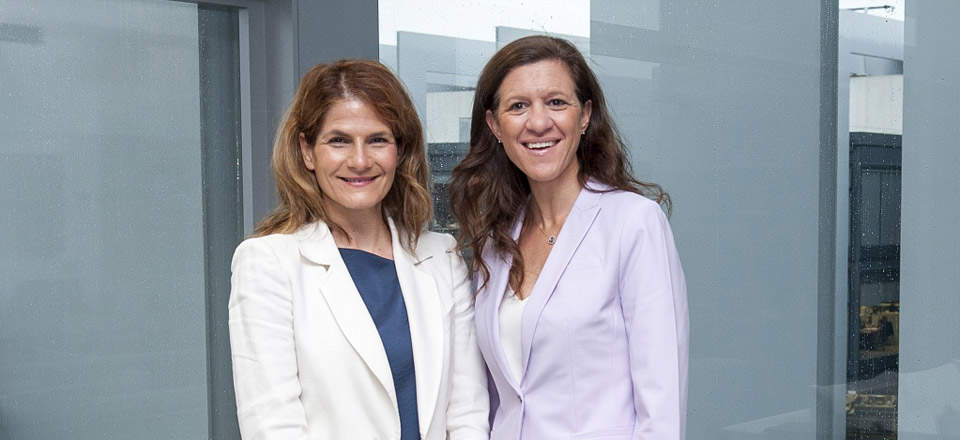Repsol is partnering with Google Cloud to launch a project that will implement big data and artificial intelligence to optimize management of the Tarragona refinery in Spain.

Image: Repsol and Google Cloud to optimize refinery management with the help of big data and artificial intelligence. Photo: courtesy of Repsol.
Refineries are among the largest and most complex industrial facilities.
Repsol downstream executive managing director María Victoria Zingoni, and Google Country Manager for Spain and Portugal Fuencisla Clemares, participated in the launch of the project, which will be carried out in the Tarragona Industrial Complex and marks a pioneering challenge in the global refining industry.
This initiative puts the latest cloud technology from Google at the service of the refinery’s operators. Repsol’s objectives are to maximize efficiency, both in energy consumption as well as consumption of other resources, and to improve performance of the refinery’s overall operations.
To achieve this, Google will make available to Repsol its data and analytics products, the experience of its professional services consultants and its machine learning managed service, Google Cloud ML, which will help Repsol’s developers to build and bring machine learning models to production in their refinery environment.
The management of a refinery involves around 400 variables, which demands a high level of computational capacity and a vast amount of data control. This is an unprecedented challenge in the refining world.
Until now, the highest number of functions integrated digitally in an industrial plant is around 30 variables, demonstrating the vast challenge this project presents. It aims to increase the number of variables being managed by more than 10 times.
Repsol chose the Tarragona refinery to develop this initiative because the online configuration of its production schematics facilitates testing and implementation.
This project, as well as the collaboration with Google Cloud, is part of Repsol’s ongoing digitalization, innovation and technology projects development in all of its business units to improve its competitiveness and efficiency.
The project has the potential to add 30 cents on the dollar to Repsol’s refined barrel margin, which could translate to 20 million dollars annually for the Tarragona refinery, with significant upward growth if all optimization objectives are achieved.
Improvement of industrial processes
For Maria Victoria Zingoni “this is an efficiency project in all senses: it seeks to consume less resources; reduce energy consumption, which is the highest cost of a refinery; increase the unit reliability and, by extension, improve economic performance.”
“This initiative belongs to a more comprehensive plan to take advantage of the possibilities afforded us by the latest in technology, and improve industrial processes. We are not afraid of aiming for the stars, even if some projects will fail. This is about learning as fast as possible and that machines help people in their work,” said Repsol downstream executive managing director.
Google’s Country Manager for Spain and Portugal Fuencisla Clemares said: “This project demonstrates the commitment from Spanish companies to digital transformation and the application of machine learning in industrial processes, of which Repsol is a pioneer.
“At Google we are deeply committed to sustainability and ensuring that we have a positive impact on the environment – and we see technology such as machine learning and data analytics playing an important role in helping our customers maximize their own efficiency.
“We are proud to collaborate with a company such as Repsol, which has been a leader for many years in leveraging technological innovation to reduce its environmental impact.”
This project, as well as the collaboration with a partner like Google, is part of Repsol’s ongoing digitalization, innovation and technology projects development in all of its business units to improve its competitiveness and efficiency.
This project is compatible with other digital initiatives that are already in use at Repsol’s industrial facilities, such as Siclos, with which Repsol’s refinery control panel operators learn, in real time, the economic implications of operating decisions; or Nepxus, which increases planning, analysis and agility in decision-making in the control rooms of these industrial installations.
Tarragona is one of the six refineries that Repsol operates in Spain and Peru. This plant has capacity to distill 186,000 barrels of oil a day and is Repsol’s third-largest unit.
The facility occupies over 500 hectares and is as large as the Tarragona’s city center. The refining unit processes 9.5 million tons of raw material a year and the storage tanks can hold a million cubic meters.
Source: Company Press Release.
